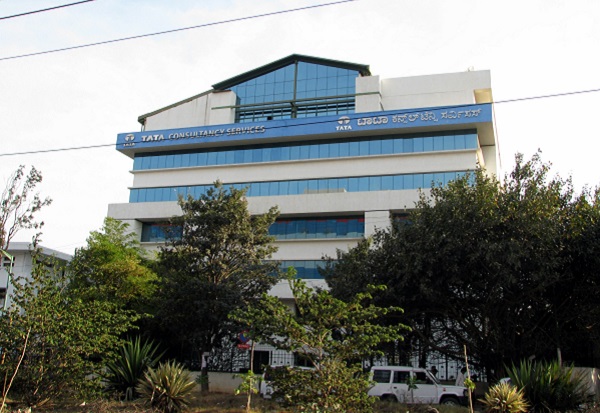.png)

Dev Chandrasekhar advises corporates on big picture narratives relating to strategy, markets, and policy.
June 23, 2025 at 11:01 AM IST
When India's largest IT services company starts applying factory-floor metrics to knowledge workers, it says more about desperation than discipline.
Tata Consultancy Services has quietly rolled out a controversial new policy mandating all employees log at least 225 billable days per year, leaving a mere 35 days of bench time before disciplinary action kicks in. Miss the target? Expect pay cuts, reduced promotions, or outright dismissal. For a company that calls itself a global talent house, the message to workers is stark--bill or begone.
TCS frames it as "strategic alignment" between personal growth and business objectives. Strip away the corporate jargon, and it’s a cost-cutting tool dressed in human resources mumbo jumbo. TCS, like many IT majors, uses Performance Improvement Plans as a euphemism for downsizing. The policy effectively outsources project placement to employees, many of whom have little visibility into available work or the company's opaque internal staffing system. Unless you're well-networked internally, finding a suitable role becomes akin to navigating a maze blindfolded.
In effect, TCS has created a backdoor mechanism for layoffs.
Meanwhile, TCS is simultaneously investing heavily in automation and AI platforms designed to drive delivery efficiency. But as workflows become more automated, some roles will inevitably become underutilised. Expecting human workers to maintain pre-automation billing rates while pushing automation upstream isn't just unfair—it's unsustainable.
This contradiction of an AI-led future and factory-era resourcing metrics undermines TCS's innovation story. The company wants to be seen as an AI-era pioneer, yet this backward-looking policy risks painting it as a digital sweatshop.
TCS closed fiscal 2024-2025 with ₹2.58 trillion revenue, up a mere 3.8% year-on-year, as discretionary tech spending remained muted, especially in North America and banking. Growth has stalled, but the company's 24.3% operating margin is among the sector's highest. The obvious signalling is that it must be defended at all costs.
For investors, the short-term math might appear appealing. The policy could drive utilisation metrics up by 200 to 300 basis points, providing operational leverage to sustain earnings per share even without revenue growth.
But hidden costs may not show up immediately. TCS has long prided itself on low attrition and high employee satisfaction. That's starting to crack. In a sector where lateral hiring and project-based flexibility are norms, such rigidity could drive away exactly the kind of mid-career talent TCS desperately needs.
Reputational risks are mounting. The All India IT & ITES Employees Union has approached labour commissioners, flagging potential violations of employee protection laws. If regulators get involved, compliance costs and reduced managerial flexibility could follow.
Contrast TCS’s approach with those of other global tech giants. Google, for example, has been offering voluntary buyouts across multiple divisions throughout 2025, including its search, advertising, platforms, and engineering teams, allowing employees to leave with severance packages rather than face direct layoffs. While the tech sector has seen nearly 75,000 job cuts in 2025, with the likes of Microsoft planning to trim thousands of positions, many are opting for voluntary exit programs and buyouts rather than punitive performance metrics. This "gentler" approach to workforce optimization, while still painful, preserves employee dignity and maintains company reputation, a luxury TCS seems unwilling to afford its workforce.
The fundamental concern for investors is whether this is a tactical fix during a tough cycle, or a symptom of deeper strategic drift. TCS's new staffing policy will likely deliver margin stability in 2025-2026, especially if growth continues to lag. But if morale declines, key talent exits, or regulatory scrutiny escalates, those short-term gains could quickly turn into medium-term risks.
At the current price range of ₹3,400-3,500, TCS trades at approximately 25-26 times 2024-2025 earnings. The company is indeed supported by industry-leading margins of 24.3% and maintains a debt-free balance sheet. Yet, it has declined nearly 19% over the past year while the BSE IT Index fell around 10%.
TCS remains fundamentally sound, with best-in-class cash generation and a fortress balance sheet. But with growth muted and cultural headwinds rising, its valuation cushion may be thinning. Investors will watch closely for commentary on attrition data and large-deal flows in the next quarterly results.
The company will improve its internal metrics no doubt, but when talent billability becomes a key performance indicator, innovation often becomes the casualty.
In the knowledge economy, that's a trade-off that rarely pays off in the long run.




